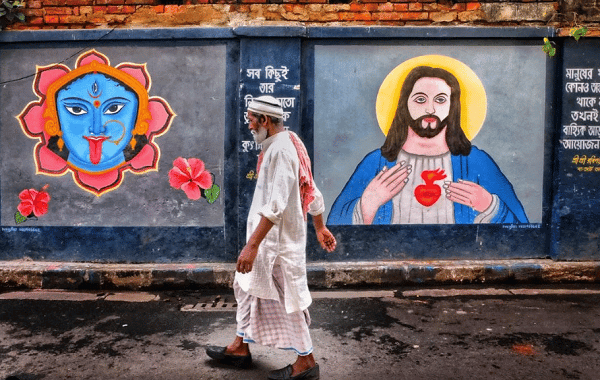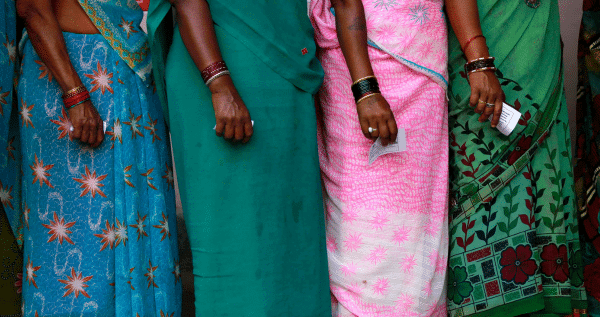India stands at the threshold of a crucial moment as it gears up for the 2024 general elections. While Prime Minister Narendra Modi seeks yet another term, analysts predict a strong showing by his party, with projections suggesting up to 335 seats, surpassing the 2019 tally of 303 seats. The 2024 Lok Sabha elections are likely to be a landmark event as they will shape the country’s policy direction for many years to come, besides determining the composition of the 18th Lok Sabha.
Politically, the Bharatiya Janata Party (BJP) has continued to consolidate its power, winning key state elections and expanding its stronghold across the country. The other political parties meanwhile struggle to find a comprehensive strategy to counter its dominance, leading to a fragmented opposition. While current polls indicate reestablishment of Modi’s popularity, the opposition has shown signs of unity, by forming a coalition. However, the lack of a strong leader and clear agenda could hamper their efforts.

The outcome of the 2024 Lok Sabha elections will significantly impact India’s growth. A stable government with a clear mandate is crucial for implementing economic reforms, policies, and initiatives that will set the tone for India’s economic development in 2024 and beyond.
The implications of the upcoming elections extend farther than just the formation of the next government as they have the potential to reshape India’s secular fabric and inter-religious relations. India stands at a juncture where a government upholding the principles of secularism and fostering religious harmony is likely to strengthen the country’s social fabric, given its democratic and secular nature.

The upcoming elections are of immense importance to India’s minority communities, who are closely monitoring the outcome that could significantly impact their rights and status in the country. A government that upholds and safeguards minority rights will be crucial for their well-being and preserving India’s diversity and inclusivity. The BJP has been a longtime proponent of a Uniform Civil Code (UCC), which aims to promote national integration by replacing existing personal laws based on religious practices with a uniform set of laws for all citizens. While implementing the “one country, one law” policy would face challenges due to India’s diverse religious and cultural landscape, critics argue that it could also be used to assert Hindu majoritarianism.

Infrastructure development and cohesive trade dynamics will influence India’s ability to forge new economic partnerships and adapt to evolving global trends. India’s digital transformation is also set to play a significant role through government’s initiatives like Digital India to accelerate efficiency, innovation, and inclusivity in the economy.
Despite an optimistic outlook, India faces several challenges like inflation, rising fiscal deficits, agrarian crises, and geopolitical uncertainty. Addressing these challenges will require concerted efforts from the government and stakeholders across sectors. On the economic front, investors are eyeing the elections for signals on the government’s economic policies and reforms. A government that continues to focus on economic growth, infrastructure development, and foreign investment is likely to receive positive attention from investors. Continued economic reforms are expected to be the cornerstone while the government’s focus on improving the ease of doing business, attracting foreign investors, and stimulating key sectors of manufacturing, infrastructure, and agriculture will be crucial for sustaining growth momentum.

In 2024, India is expected to be increasingly aligned with sustainable development goals. The government’s focus on renewable energy, environmental conservation, and inclusive growth will be the key drivers of India’s growth narrative.
Overall, the period following the 2024 Lok Sabha elections in India has the potential to be a time of economic growth and development.
However, much will depend on the policies and initiatives of the new government, as well as external factors such as global economic conditions and geopolitical stability.
If the new government is able to provide stability, continuity, and a conducive business environment, India could see significant economic growth in the coming years. The outcome of the upcoming elections will set the stage for India’s future trajectory, shape its policies and priorities, and position it as a global economic powerhouse driving growth and prosperity for its citizens and the region.
Read More: WhatsApp-ened to the middle ground?





